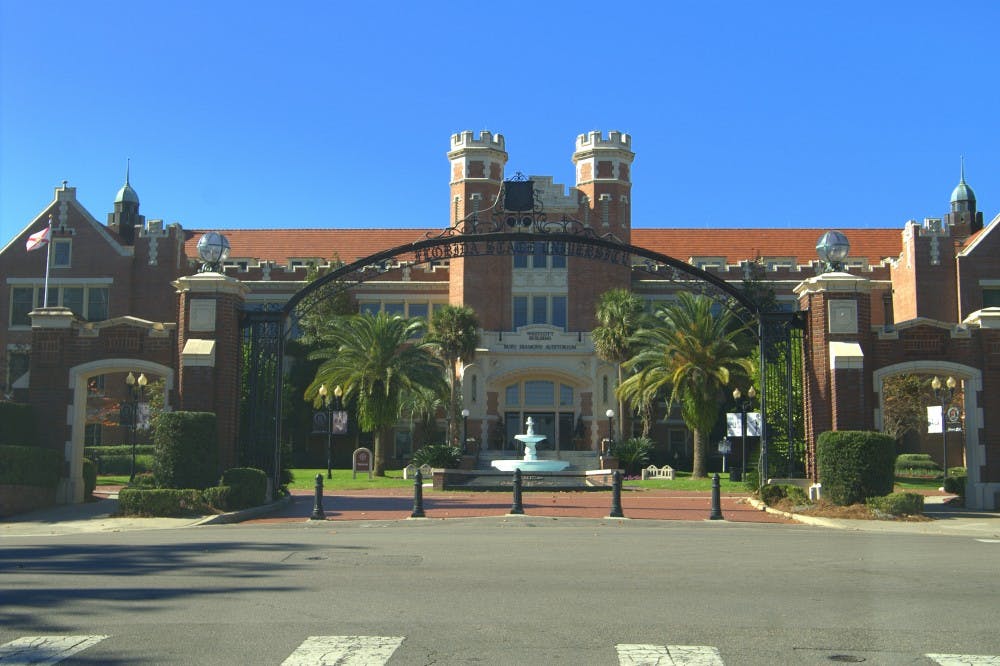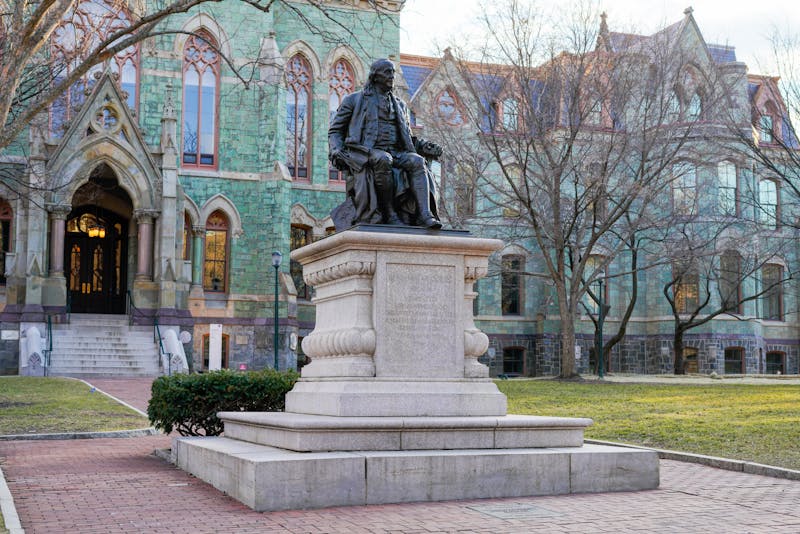
Photo by Stuart Seeger // CC BY 2.0
Following other colleges, Florida State University moved to indefinitely ban all fraternity and sorority activities until “a new normal for Greek Life at the university” is reached, according to a statement from John E. Thrasher, the university's president.
The decision comes after the death of Andrew Coffey, a Pi Kappa Phi pledge who was found unresponsive after a party.
In response to Coffey's death, the university instituted an alcohol ban, ended the recruitment of any new Greek life members, and prohibited all Greek social events, including tailgate parties and chapter meetings.
The news comes at the end of a year that has seen two high-profile deaths of students at fraternities, raising doubts among students and educators about the value of Greek life on campus.
In February, Penn State University student Timothy Piazza died after a hazing ritual at a fraternity house, a story that garnered national headlines and spurred the university to deliver a range of sanctions on Greek life.
In September, Maxwell Gruver, a freshman at Louisiana State University at Baton Rouge, died after a fraternity drinking game, resulting in the establishment of a specific task force to review relevant campus policies.
At Penn, where nearly a quarter of all undergraduate students are involved in Greek life, the impact of fraternities and sororities on student safety has quickly become a source of contention on campus, especially as Greek recruitment numbers reportedly doubled last spring.
This fall, Penn administrators implemented new policies that regulate both on-campus and off-campus events to combat substance abuse, sexual violence, and other potential areas of risk. These policy changes have sparked an uproar on campus as students have criticized the policies for inadequately addressing campus sexual assault.
The Daily Pennsylvanian is an independent, student-run newspaper. Please consider making a donation to support the coverage that shapes the University. Your generosity ensures a future of strong journalism at Penn.
Donate






